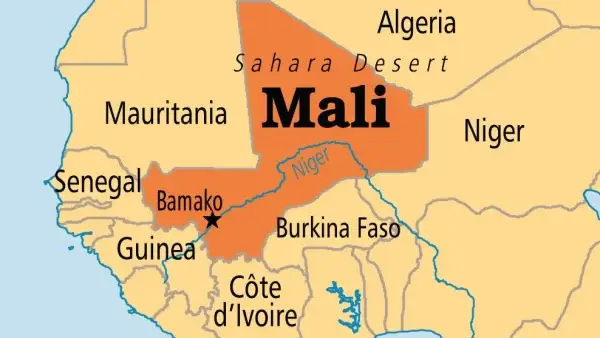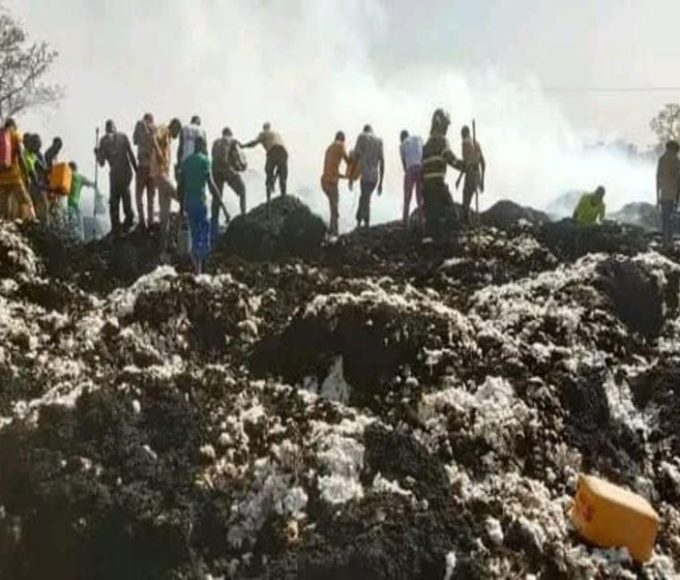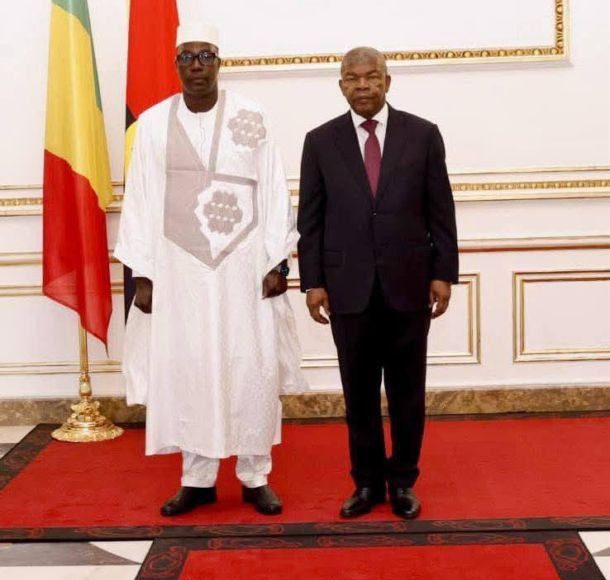

Mali has officially launched the Goulamina lithium mine, one of the world’s largest deposits of this critical mineral.
The project, inaugurated on December 15 by Mali’s head of state, General Assimi Goïta, is located in the Bougouni region, approximately 150 kilometres southwest of the capital Bamako.
Spanning 1,750 hectares, the Goulamina mine is set to become a cornerstone of Mali’s economic strategy, positioning the country among the top five lithium producers worldwide.
Lithium, an essential component in EV batteries, is in high demand as the world transitions to clean energy solutions.
General Goïta during the inauguration ceremony expressed pride and that of the Malian people in this ambitious project, emphasising that the new mine represented “the future of Mali and its commitment to the energy transition.”
Goulamina is reported to holds estimated reserves of 267 million tons of ore, exploitable over a period of 23 years or more. The project is expected to generate substantial revenue and create thousands of jobs, boosting local and national economies.
The launch of the project comes after the Malian government announced in May, the signing of an agreement with the Chinese giant Ganfeng Lithium CO, a leader in lithium production, for the exploitation of the Goulamina mine.
This followed a renegotiation of a previous contract with the Australian mining company Firefinch, due to “serious failings” identified in the management of the Morila gold mine.
Mali, under General Assimi Goïta’s leadership since the May 2021 coup, has pledged to renegotiate mining contracts with foreign companies, many of which have historically been unfavorable to the country.
The Malian government also described the agreement with China as a “win-win partnership.” China, a global leader in the production of minerals critical for electric vehicle battery manufacturing.
The Malian government also increased the state’s stake in the deposit from 20 per cent to 35 per cent following the adoption of a new mining code to defend the country’s mining industry.
On July 6, 2024, the three Sahelian nations formalised the creation of the Confederation of the Alliance of Sahel States (AES), after withdrawing in January from ECOWAS. Recently, the AES also reaffirmed its decision to withdraw from the Economic Community of West African States (ECOWAS).
Read More:
- Nigerian Model Samuel Nwajagu Becomes First African To Win Mister International Pageant
- Niger Delta: Oil Spillage at Shell’s Bonny Island Terminal Reaches Shoreline
About The Author
Related Articles
Zimbabwe Rejects $350m US Health Deal Over Sovereignty Dispute
Zimbabwe has formally withdrawn from negotiations on a proposed $350 million health...
ByWest Africa WeeklyFebruary 25, 2026Niger’s President Outlines Vision for Strategic Partnership with China
Niger’s Head of State, General Abdourahmane Tiani, has articulated a renewed vision...
ByWest Africa WeeklyFebruary 25, 2026Fire Destroys 140 Tonnes of Cotton in Western Burkina Faso
A major fire has destroyed more than 140 tonnes of cotton in...
ByWest Africa WeeklyFebruary 25, 2026Mali’s New Ambassador to Angola Presents Credentials, Pledges Stronger Bilateral Ties
Diplomatic relations between Mali and Angola entered a new phase on February...
ByWest Africa WeeklyFebruary 25, 2026












Leave a comment